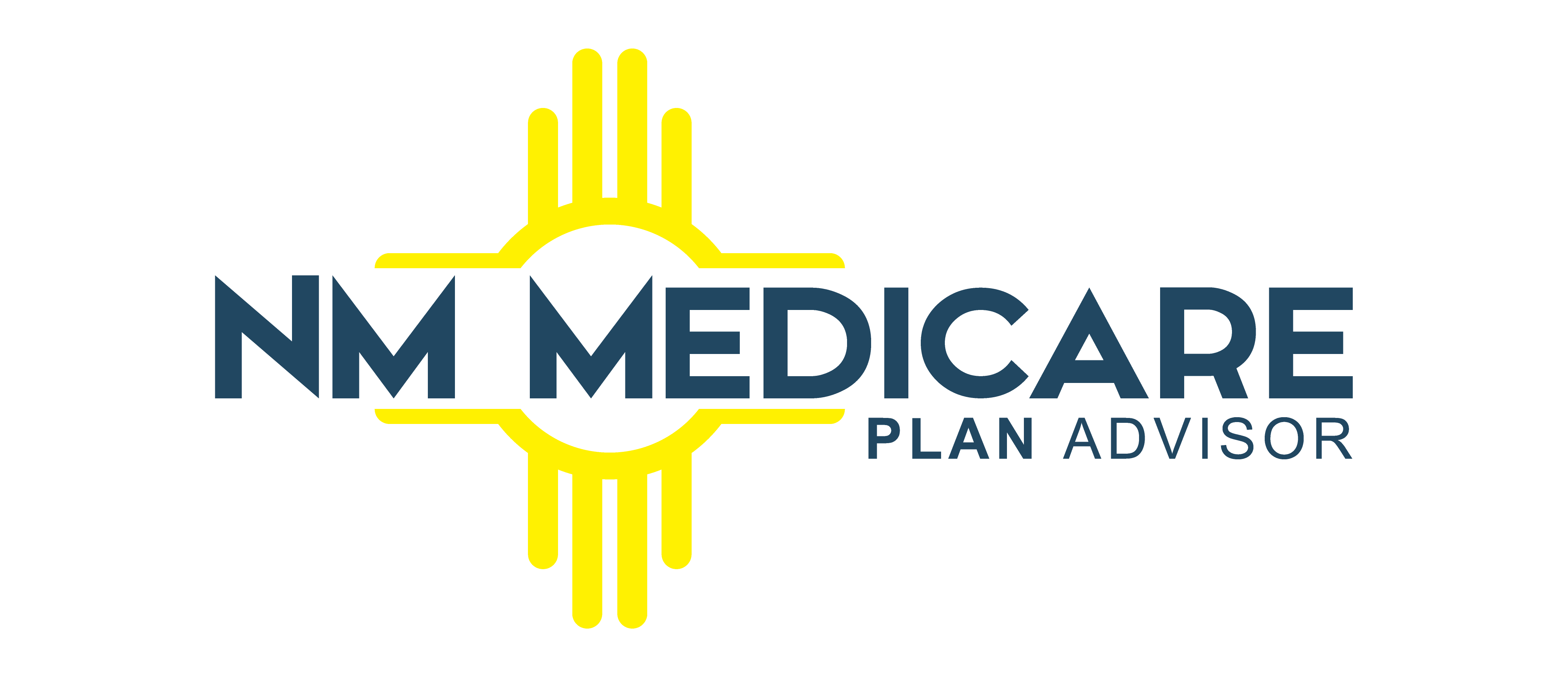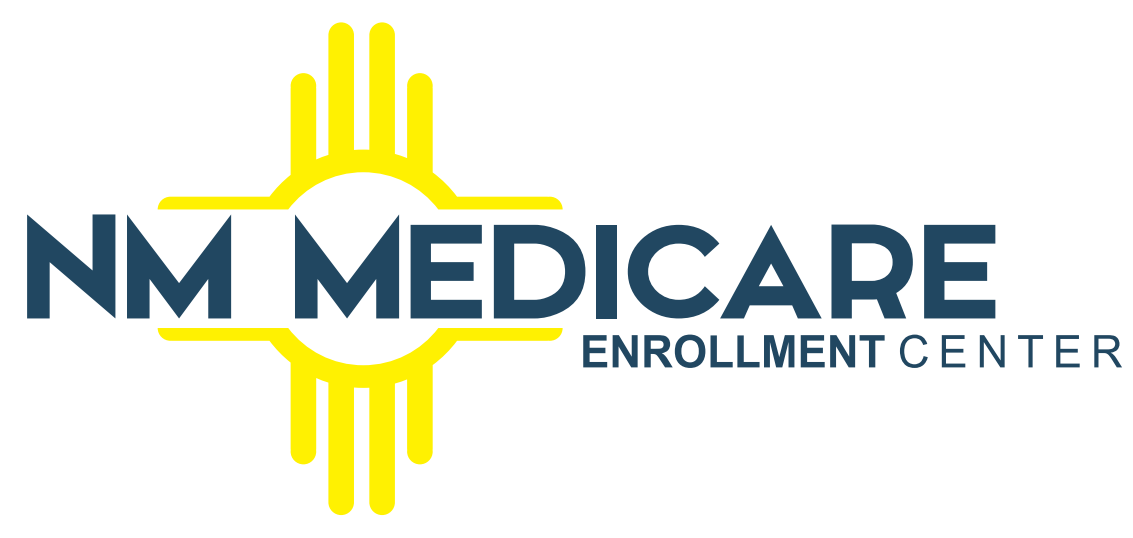Lung cancer remains one of the leading causes of cancer-related deaths in the United States. Early detection and timely treatment are crucial for improving survival rates. Medicare, the federal health insurance program for people aged 65 and older, as well as certain younger individuals with disabilities, plays a significant role in providing coverage for lung cancer screenings and treatments. In 2025, several updates have been made to Medicare’s coverage policies, aiming to enhance access to preventive services and reduce out-of-pocket costs for beneficiaries.
Medicare Coverage for Lung Cancer Screening
Medicare Part B covers annual lung cancer screenings using low-dose computed tomography (LDCT) for eligible beneficiaries. This non-invasive imaging test helps detect lung cancer at an early stage when it’s more treatable.
Eligibility Criteria
To qualify for Medicare-covered LDCT lung cancer screening in 2025, beneficiaries must meet the following criteria:
- Age between 50 and 77 years.
- No current signs or symptoms of lung cancer.
- A smoking history of at least 20 pack-years (e.g., one pack per day for 20 years).
- Current smoker or have quit within the past 15 years.
- Receive a written order from a healthcare provider following a shared decision-making visit.
These guidelines align with recommendations from the U.S. Preventive Services Task Force and aim to identify individuals at high risk for lung cancer.
Costs and Coverage
For eligible beneficiaries, Medicare covers the full cost of the annual LDCT screening when performed at a Medicare-approved facility. There is no deductible or coinsurance required for this preventive service, provided that the healthcare provider accepts Medicare assignment.
Medicare Coverage for Lung Cancer Treatment
Upon a lung cancer diagnosis, Medicare provides coverage for various treatments under different parts of the program:
- Part A (Hospital Insurance): Covers inpatient hospital stays, including surgeries and hospital-administered treatments.
- Part B (Medical Insurance): Covers outpatient services such as chemotherapy, radiation therapy, doctor visits, and certain diagnostic tests.
- Part D (Prescription Drug Coverage): Covers prescription medications, including oral chemotherapy drugs and medications to manage side effects.
In 2025, Medicare Part D introduces a significant change: a $2,000 annual cap on out-of-pocket prescription drug costs. This cap aims to alleviate the financial burden for beneficiaries requiring expensive medications, including those for cancer treatment.
Medicare Advantage Plans and Lung Cancer Coverage
Medicare Advantage (Part C) plans are offered by private insurance companies approved by Medicare. These plans provide all the benefits of Original Medicare (Parts A and B) and often include additional services.
Coverage Details
Medicare Advantage plans cover lung cancer screenings and treatments, including LDCT scans, chemotherapy, and radiation therapy. However, coverage details, such as provider networks, prior authorization requirements, and cost-sharing, can vary between plans.
Choosing a Plan
When selecting a Medicare Advantage plan, beneficiaries should consider:
- Whether their preferred doctors and hospitals are in-network.
- The plan’s formulary to ensure necessary medications are covered.
- Out-of-pocket costs, including copayments and coinsurance.
- Additional benefits, such as transportation services or wellness programs.
It’s essential to review plan options annually during the Medicare Open Enrollment Period (October 15 to December 7) to ensure the selected plan meets individual healthcare needs.
Importance of Early Detection
Early detection of lung cancer through annual LDCT screenings significantly improves treatment outcomes and survival rates. By identifying cancer at an earlier stage, patients have more treatment options and a better prognosis.
Healthcare providers play a crucial role in educating patients about the benefits of lung cancer screenings, especially for those at high risk. Shared decision-making visits allow patients and providers to discuss the risks and benefits of screening, ensuring informed choices.
Additional Resources
Several organizations offer resources and support for individuals seeking information about lung cancer and Medicare coverage:
- American Lung Association: Provides educational materials on lung health, screening guidelines, and support programs.
- American Cancer Society: Offers comprehensive information on cancer prevention, early detection, and treatment options.
- Centers for Medicare & Medicaid Services (CMS): The official source for Medicare coverage details, eligibility criteria, and policy updates.
Conclusion
In 2025, Medicare continues to support beneficiaries in the early detection and treatment of lung cancer through comprehensive coverage of screenings and therapies. Understanding eligibility criteria, coverage details, and available resources empowers patients to make informed decisions about their healthcare. Regular consultations with healthcare providers and staying informed about Medicare policies are vital steps in managing lung health effectively.
If you’re in New Mexico and seeking guidance on Medicare options, New Mexico Medicare Plan Advisor is here to assist. Our experienced agents can help you compare plans, understand eligibility criteria, and find coverage that aligns with your health needs and budget.
For personalized assistance, contact us at 505-717-5578 or email medicarejanette@gmail.com. You can also schedule a consultation through our website: nmmedicareplanadvisor.com.
We’re committed to helping you make informed decisions about your Medicare coverage



